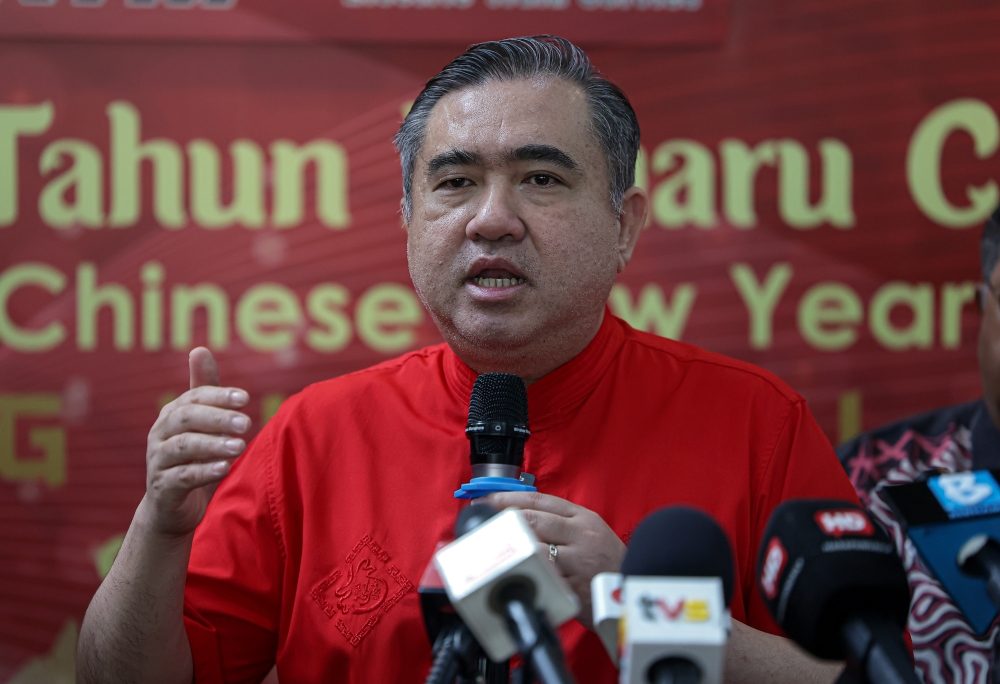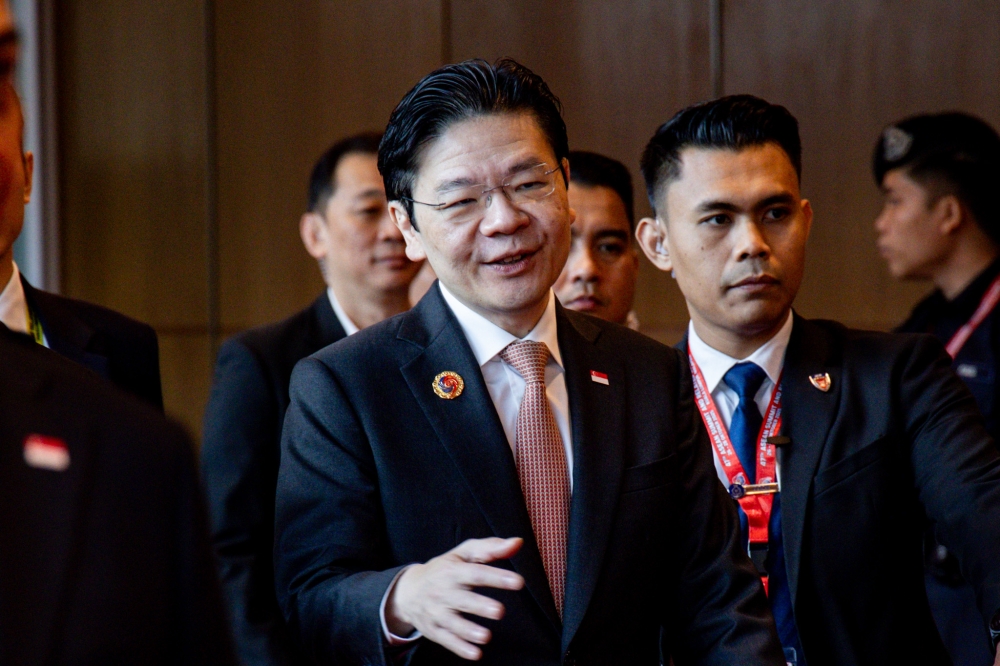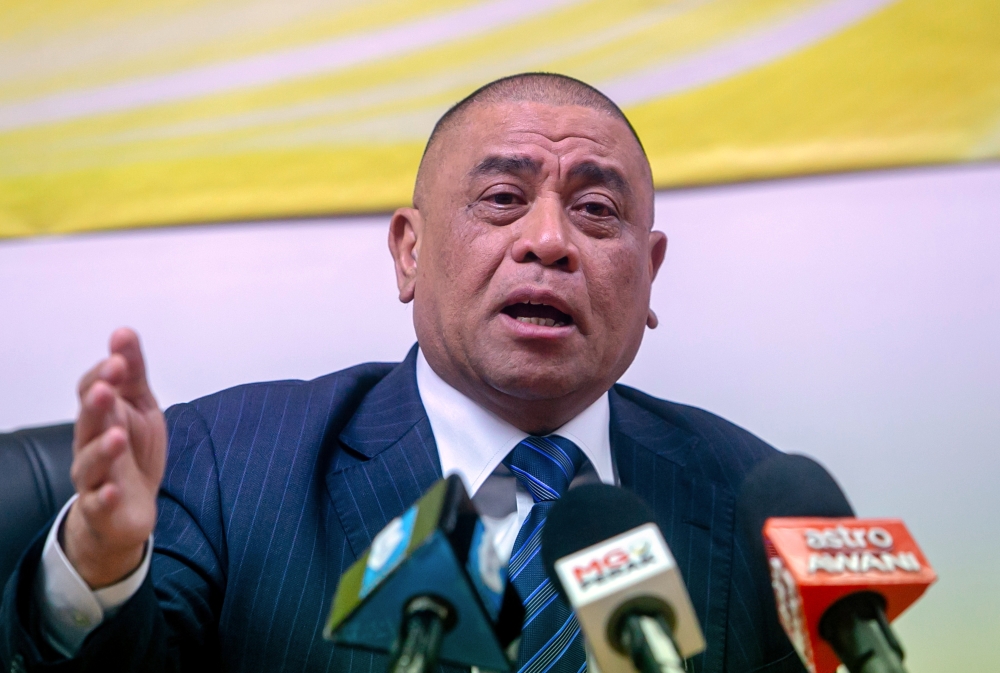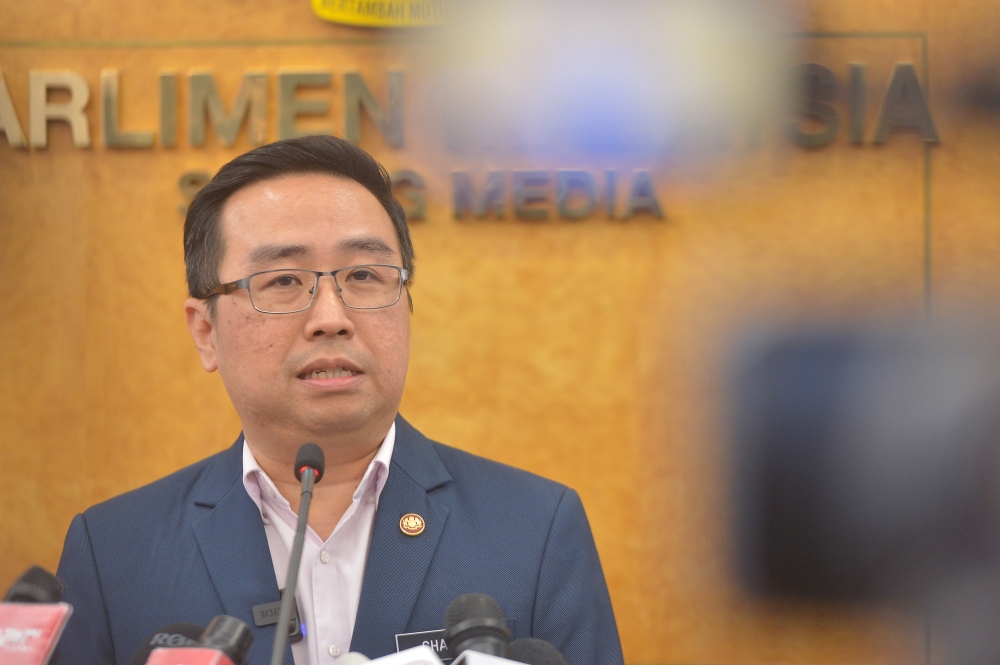KUALA LUMPUR, March 29 — In the country’s push to become a high-tech nation by 2030, the government aims to broaden science, technology, engineering and mathematics (STEM) education to youths in rural areas to help them close the gap with their urban counterparts.
Science, Technology and Innovation Minister Chang Lih Kang told The Straits Times how Malaysia needed to increase its current engineers from around 187,900 registered nationwide by the end of 2022 which puts the country’s engineer-to-population ratio at one to 170.
“This is lower than in developed countries such as Germany and France, where the ratio is at one to 100,” Chang, who holds a Bachelor of Engineering in Civil Engineering from Universiti Putra Malaysia, was quoted as saying.
Back in 2021, the government made known its wish to increase the percentage of students in STEM to 60 per cent to ensure the country has an adequate supply of talent pool in STEM.
However, Chang admitted that the country faces several key challenges in achieving its 2030 ambition of doubling its current number of engineers.
One of the said challenges was wages in Malaysia, which was comparatively lower than other countries, Chang said.
He said the government is working to attract high-quality investment in STEM sectors to create jobs and raise salaries; and to form a cycle in which rising demand for STEM talent can stimulate students’ interest in those fields.
For example, Chang said conventional or traditional industries such as agriculture should be transformed into tech-driven industries to bolster demand for highly skilled workers, which will lead to reduced reliance on foreign workers and low-skilled workers.
“We need to attract more capital-intensive and technology-intensive industries, so that more job opportunities will be created, and demand for high-skilled workers will be higher.
“To solve this problem, we have to start all over again,” he said, adding a cohesive STEM education system needed to be created through existing collaboration between his ministry and the Education Ministry.
On the above, Chang said he expected the transition process to take at least five to 10 years.
“There is a need to build a robust STEM ecosystem that includes industry, academia, research institutions and the government.
A strong ecosystem can provide students with access to mentors, tech companies and internships, and help them transition smoothly into the workforce.
“It’s not going to be straight away from zero to 100. What is important is the direction, to be on the right track,” he said.
Last year, the Malaysia Techlympics 2022 initiative executed by the Malaysian Research Accelerator for Technology & Innovation (MRANTI) — an agency under Chang’s ministry — successfully garnered 1.03 million student and youth participants between the ages of seven to 30 years old throughout the nine month period that the competition was held.


















